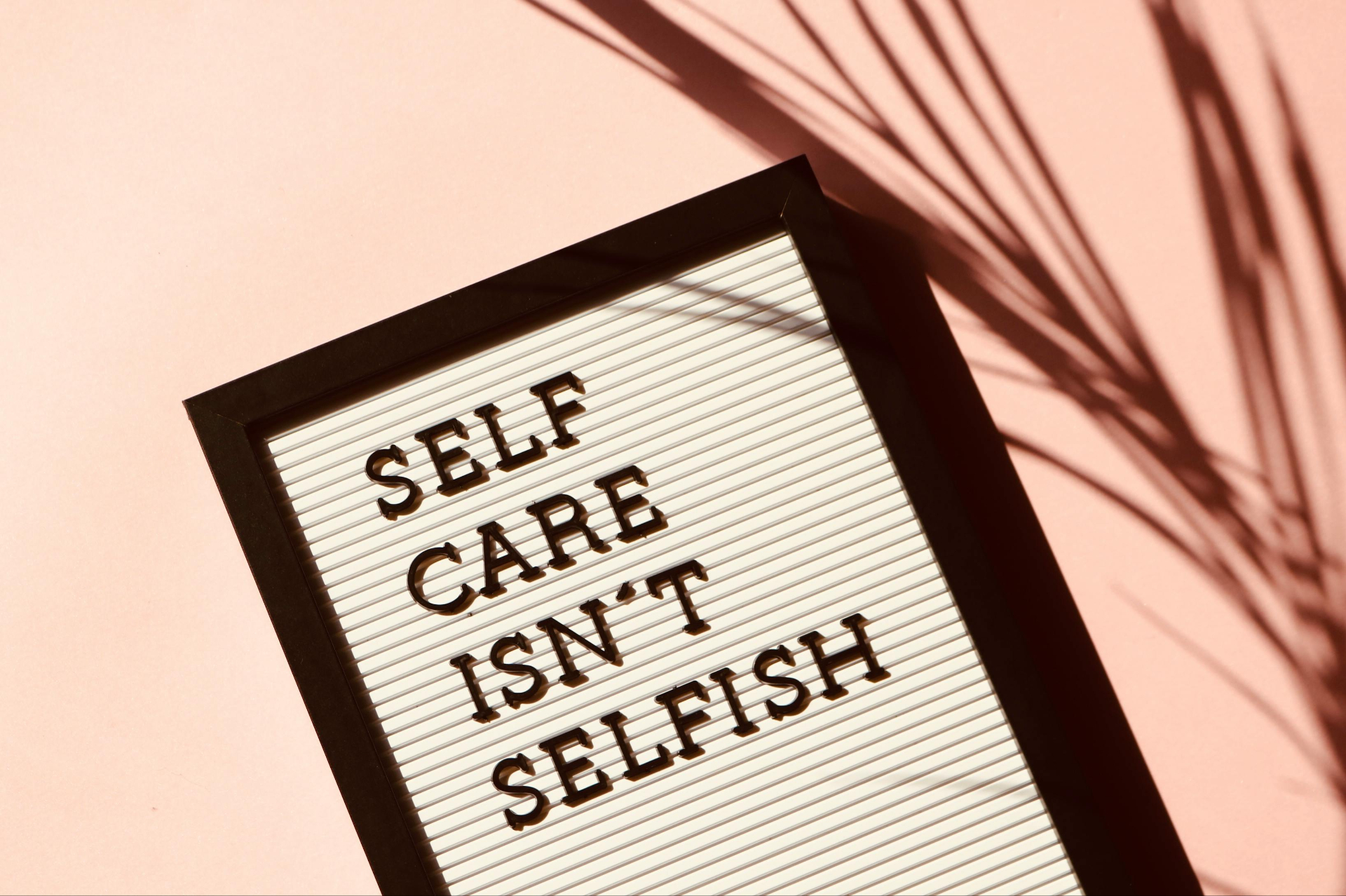Four Fantastic Mental Health Suggestions

Guidance for Everyday Well-Being
Introduction
Mental health is an essential component of overall well-being, shaping how we think, feel, relate to others, and navigate the challenges of daily life. In a world filled with constant change and demands, prioritizing our mental well-being is both a necessity and an act of self-respect. While each person’s journey is unique, there are universal practices and habits that can support a healthier, more resilient mind. This guide offers a collection of suggestions—rooted in both science and lived experience—to help anyone cultivate mental strength, emotional stability, and a deeper sense of inner peace.
Understanding Mental Health
Before delving into practical tips, it’s important to understand what mental health encompasses. Mental health is not just the absence of mental illness; it is a state of well-being in which individuals realize their own abilities, can cope with the normal stresses of life, can work productively, and are able to contribute to their communities. Like physical health, mental health requires ongoing attention and care.
Self-awareness: Being attuned to your emotions, thoughts, and behaviors is the first step in managing mental health.
Acceptance: Recognizing that everyone faces difficulties, and accepting your own struggles without judgment, fosters resilience.
Growth mindset: Understanding that mental health can improve with effort and support encourages proactive self-care.
Now for Those Four Fantastic Suggestions
1. Prioritize Sleep, Diet and Exercise Adequate rest is foundational for emotional regulation and cognitive functioning.
Aim for 7–9 hours of sleep each night, depending on your individual needs.
Create a calming bedtime routine: dim the lights, read, or listen to soft music.
Avoid screens and heavy meals before bed to promote better sleep quality.
Find activities you enjoy—walking, dancing, cycling, yoga, or team sports.
Incorporate movement into your daily life, even if it’s just a short walk.
Set realistic fitness goals and celebrate your progress, however small.
Eat a balanced diet rich in fruits, vegetables, whole grains, lean proteins, and healthy fats.
Stay hydrated by drinking plenty of water throughout the day.
Limit caffeine, sugar, and processed foods, as these can affect mood and energy levels.
2. Connect with Other Positive People Social connection is a basic human need and a powerful buffer against stress and isolation.
Reach out to friends, family, or colleagues for support and companionship.
Join clubs, groups, or online communities that share your interests.
Practice active listening and empathy in your interactions.
Limit your exposure to negativity
Unfollow or mute sources that cause unnecessary stress or comparison.
Surround yourself with positive influences and uplifting content.
3. Practice Mindfulness and Relaxation Mindfulness helps you stay grounded in the present moment and manage overwhelming thoughts.
Try meditation, deep breathing exercises, or progressive muscle relaxation.
Spend time in nature, observing sights, sounds, and sensations without judgment.
Keep a journal to process your thoughts and feelings.
Set realistic goals that don’t cause you excess pressure
4. Seek Help When Needed There is strength in recognizing when professional support is necessary.
If you experience persistent sadness, anxiety, or difficulty functioning, consider reaching out to a counselor, therapist, or mental health professional.
Many communities offer hotlines, support groups, and online resources.
Remember: seeking help is a sign of courage, not weakness.
Building Resilience for the Long Term
Mental health is not a destination, but a lifelong journey. Resilience is the capacity to adapt and thrive in the face of adversity. You can foster resilience by:
Learning from setbacks: Treat mistakes as opportunities for self-discovery and growth.
Cultivating gratitude: Regularly acknowledge the good in your life, however small.
Practicing self-compassion: Speak to yourself with kindness, especially during tough times.
Developing optimism: Focus on solutions rather than problems and maintain hope for the future.
When to Be Concerned
It’s natural for everyone to feel sad, anxious, or overwhelmed from time to time. However, if you notice any of the following signs lasting more than two weeks, it may be time to seek help:
Loss of interest in activities you once enjoyed
Persistent feelings of sadness, emptiness, or hopelessness
Withdrawing from friends and loved ones
Significant changes in appetite or sleep patterns
Unexplained aches, pains, or fatigue
Difficulty concentrating or making decisions
Thoughts of self-harm or suicide
If you or someone you know is struggling with difficulties like these, reach out to the folks at Balanced Mind Counseling. They can get you connected to a mental health professional that help you back to the right path.
